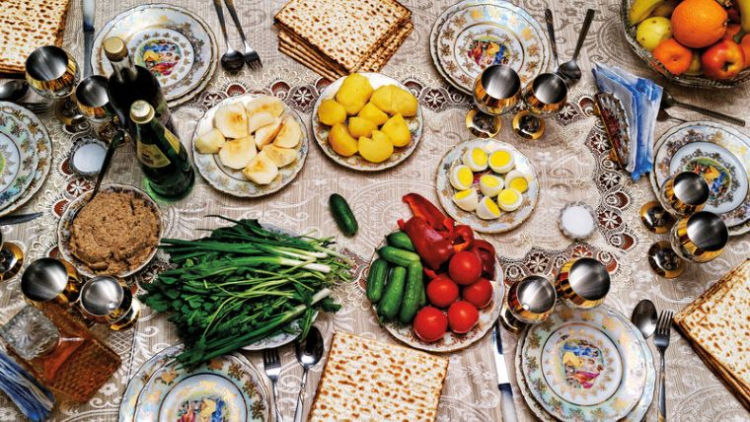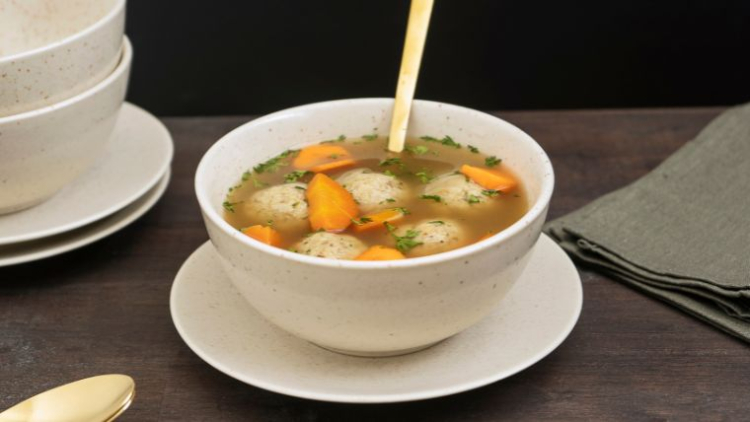JUDAISM| Food in Judaism
Judaism follows a series of dietary rules that determine what Jewish people can and cannot eat. However, not all Jewish people observe these rules, as they depend on the specific denomination of Judaism: Orthodox, Reform/Progressive, etc.
The set of rules that Judaism draws from the Torah to define what is fit and appropriate for consumption is called kashrut, and the adjective to describe what is fit for consumption is kosher. These rules have been developed over time within rabbinic oral tradition.
Split-hoof animals that also chew the cud ( excluding pigs, camels and rabbits) and fish with fins and scales (excluding sharks and shellfish), are considered kosher. Birds of prey, insects (except locusts), reptiles and rodents are forbidden.
For meat to be kosher, the animal must be ritually slaughtered (shechita). This ritual slits the animal’s throat to cause as little suffering as possible and eliminate any trace of blood on the meat. Unkosher meat is known as treif.
Mixing meat with dairy is strictly forbidden. This rule appears three times in the Torah: “you shall not boil an animal in its mother’s milk.”
Wine is allowed as long as a rabbinical authorisation certifies that it was prepared following strict hygiene rules.
In addition to these dietary rules, eating leavened bread is forbidden during Passover (Pesach). This is a legal provision that only applies to a specific period of time.




